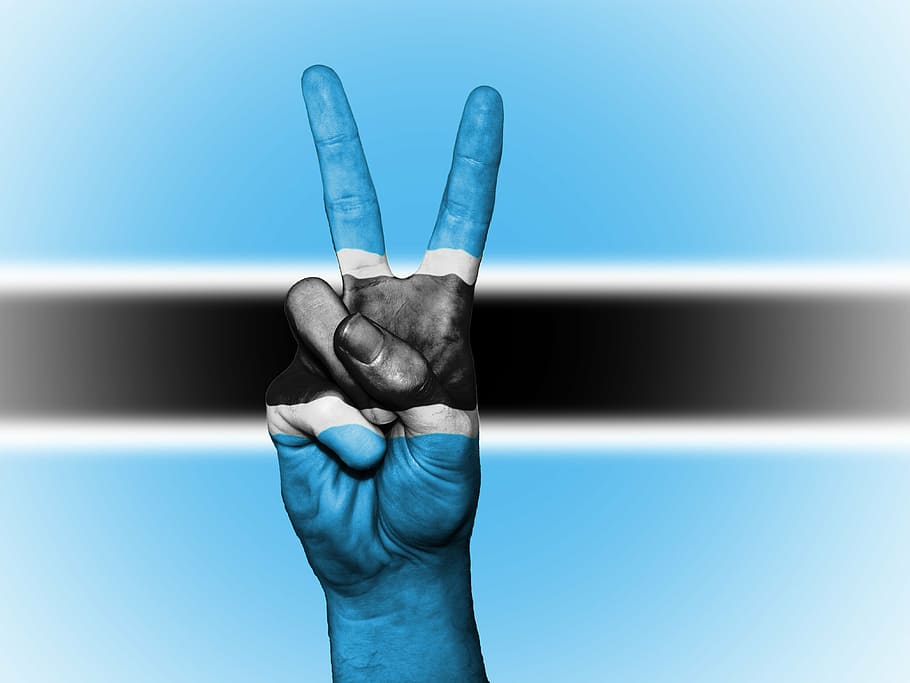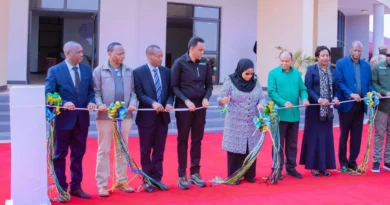Botswana Revises Dual Citizenship Law Amidst Citizen Exodus
Botswana has recently made amendments to its dual citizenship law, allowing citizens to hold citizenship in another country without being required to renounce their Botswana citizenship upon turning 21. The move comes in response to a significant exodus of citizens who have chosen to relinquish their Botswana citizenship due to the country’s strict anti-dual citizenship legislation.
According to Minister of Labour and Home Affairs, Anna Mokgethi, at least 463 Batswana have chosen to denounce their citizenship since 2014, opting for citizenship in alternative countries instead. The staggering number has raised concerns about the reasons behind the mass renunciation, prompting calls for further investigation by the government.
Minister Mokgethi clarified that citizens are not obliged to state the reasons for renouncing their Botswana citizenship unless they acquire citizenship in another country, to avoid rendering themselves stateless. This lack of data has hindered the government’s understanding of the underlying factors leading to such a significant departure of citizens.
Currently, only minors are allowed to hold dual citizenship until the age of 21, at which point they must choose between their Botswana citizenship and citizenship in another country. Member of Parliament for Selibe-Phikwe West, Dithapelo Keorapetse, had unsuccessfully tabled the Citizenship Amendment Bill in 2020, advocating for the government to consider allowing Batswana to hold dual citizenship. Keorapetse argued that embracing dual citizenship would benefit the economy and enhance the country’s international image by attracting individuals with extraordinary abilities and skills.
Additionally, the government has been urged to implement the Law of Return, granting citizenship to Batswana citizens who hold citizenship in other countries but wish to return to Botswana. Such a measure could potentially boost the nation’s economy and enhance its global reputation.
The issue of migration has become increasingly prevalent in Africa, with cross-border movements being a significant aspect. Botswana, as a middle-income country, experiences various migration challenges, acting as both a source, transit, and destination for migrants, including tourists, business persons, migrant workers, refugees, and asylum seekers.
As the nation grapples with the complexities of migration, it remains crucial for the government to address concerns regarding the mass exodus of citizens and explore strategies to encourage their return while considering the benefits of dual citizenship for the country’s economic growth and international standing.
While Botswana moves forward with the revised dual citizenship law, the issue of citizens departing for economic and political reasons remains unresolved, as departing citizens are not required to disclose the reasons behind their departure, thus leaving the government without specific data on the matter.
As the country navigates these migration challenges, it remains to be seen how the amended law will impact citizens’ decisions and whether the trend of mass renunciations will be curbed with the newfound flexibility of dual citizenship.



